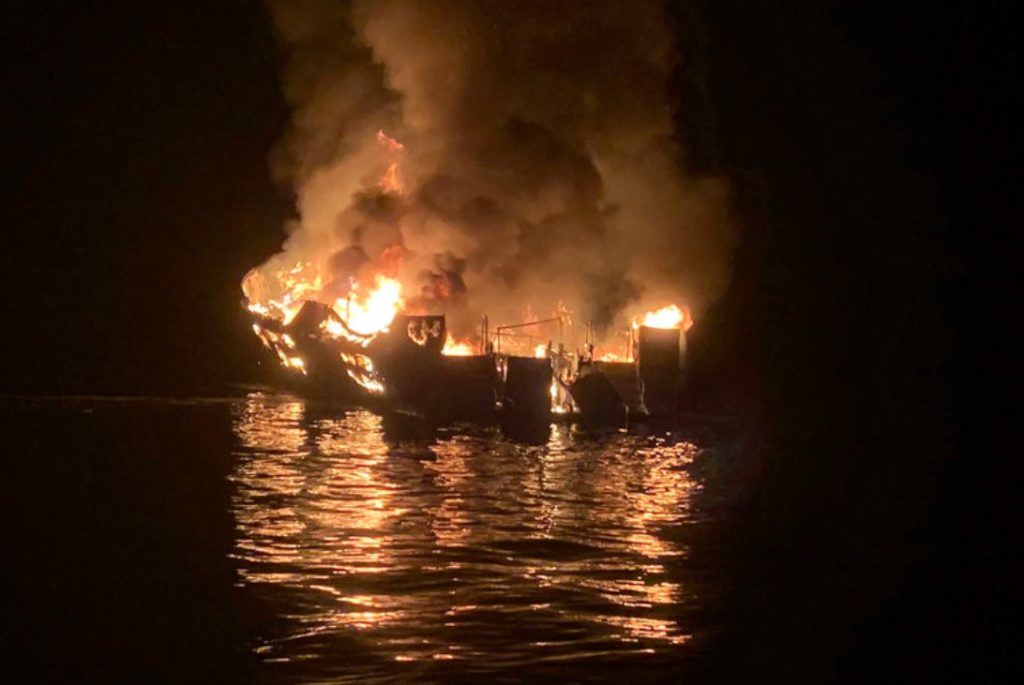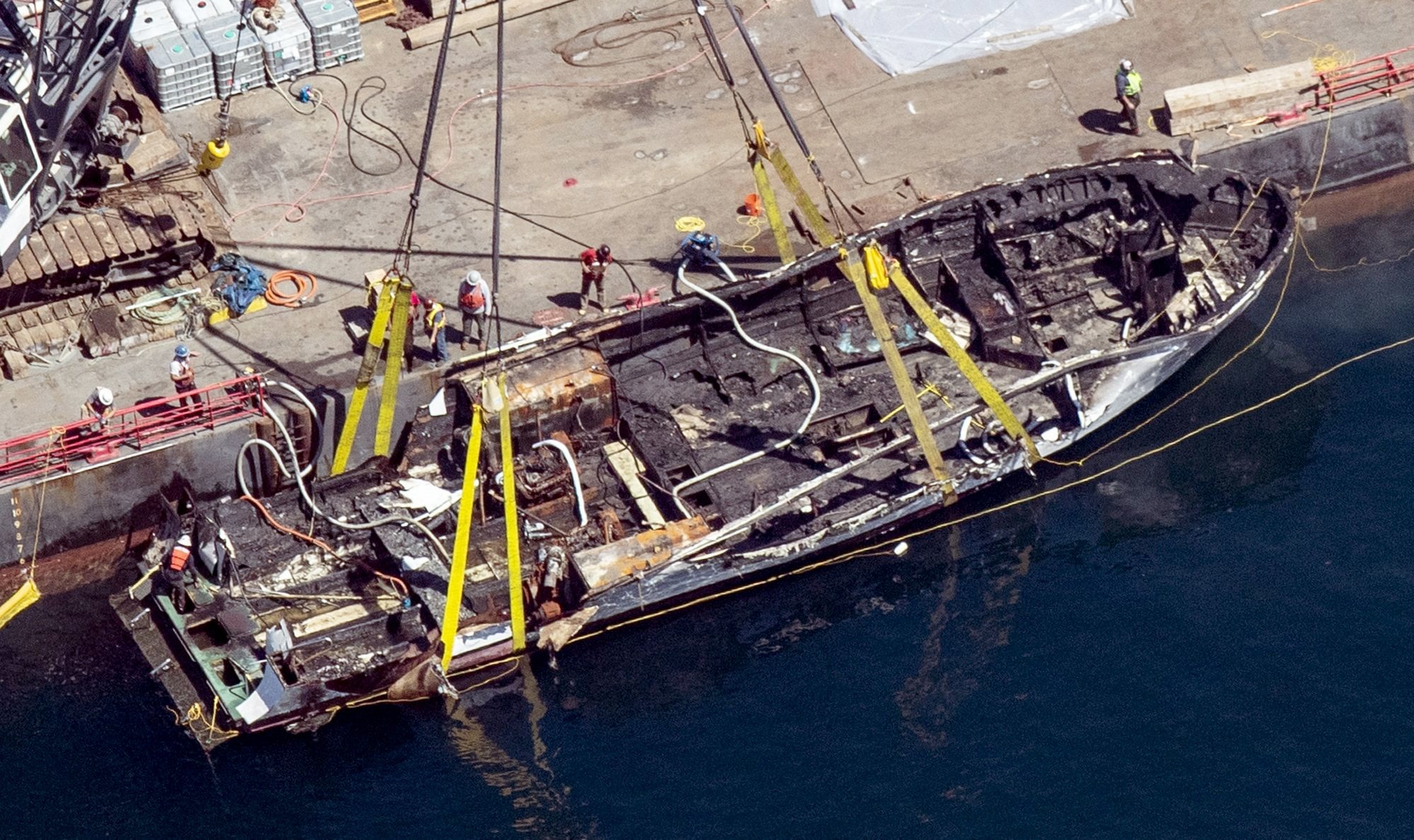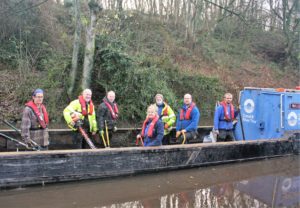Captain in Santa Barbara boat fire indicted on manslaughter charges

The captain of a dive boat that caught fire and sank off the California coast in 2019, killing 34 people, was indicted (formally charged) last week on federal manslaughter charges, US prosecutors said.
According to the Guardian, the indictment accuses Jerry Boylan of causing the deaths of the 33 passengers and one crew member.
The grand jury cited three specific federal safety violations – failures to assign a night watch or roving patrol aboard the boat, to conduct sufficient crew training or to conduct adequate fire drills.
The victims had been sleeping below deck aboard the 75ft Conception when the vessel went up in flames, during a sport diving expedition.
The five surviving crew members, including Boylan, had been above deck in berths behind the wheelhouse and escaped by leaping overboard as the burning boat sank into the Pacific. They told investigators that flames coming from the passenger quarters were too intense to save anyone trapped below.
Investigators said the fast-moving fire and subsequent sinking of the Conception made it impossible to pinpoint the exact cause, according to NPR. Investigators said the blaze started on the aft deck, where passengers were recharging their smartphones and other devices containing lithium-ion batteries.
Regardless of the source of ignition, the focus should be on the conditions present “that allowed the fire to go undetected and to grow to a point where it prevented the evacuation” NBC reported a spokesperson for the National Transportation Safety Board (NTSB) saying last October.
All the deaths were attributed to smoke inhalation. The federal transportation safety board’s report concludes that most were awake but could not escape before being overcome.
The five crew members who survived were asleep in an upper deck area, and those who died were in the bunkroom below. Those crew members tried to get help to those in the bunkroom but were blocked from reaching it by fire and thick smoke.
There were smoke detectors aboard, but there were none in the main deck salon above the bunkroom, and that’s where crew members reported seeing the fire, the NTSB found. A fire there would have been well involved before the smoke set off the detectors, it said.
Among its recommendations, the NTSB called for smoke detectors in all passenger areas, safer exits in case of fire, and that the Coast Guard create an inspection program to ensure that night patrols are being conducted.











